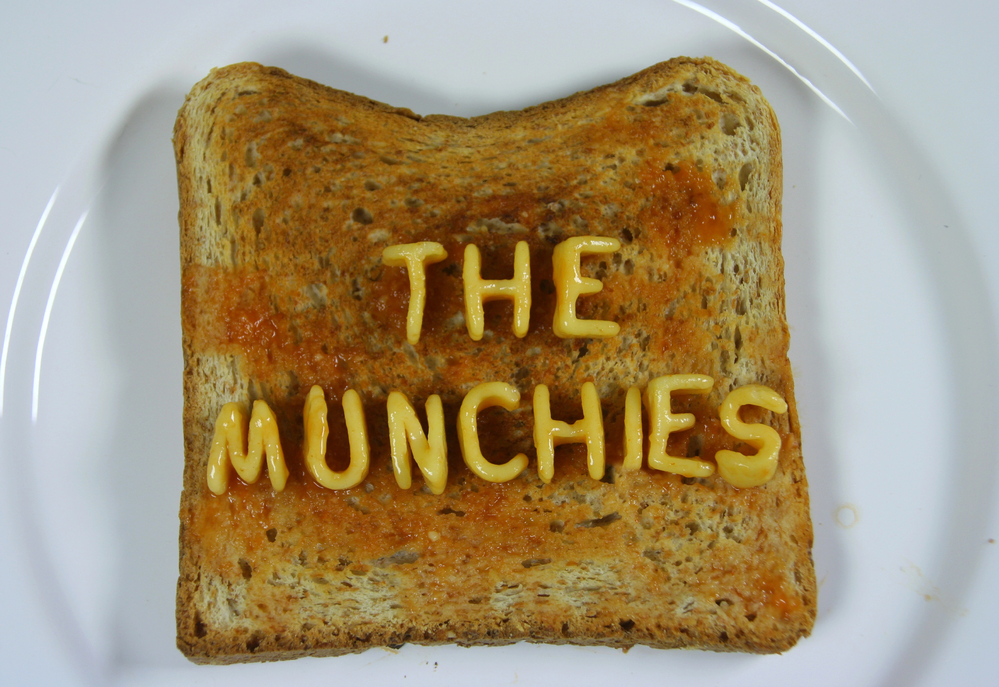Marijuana Legalization and Econ 101
Last year, Minnesota became one of 24 states which have legalized recreational marijuana. Research suggests that neither the horrors that opponents conjure up nor the benefits touted by supporters will, in fact, appear in a range of areas including use of other substances, health and suicides, crime, road safety, or the economy.
But the majority of the consequences of any action are unintended ones. Two papers indicate some changes the Gopher State – and its neighbors – can expect to see, as well as illustrating a pair of key concepts from Econ 101.
Sales of munchies increase.
It is said that the consumption of marijuana gives the consumer a desire for ‘munchies.’ Is this true? If so, how strong is this effect?
In a 2019 study titled ‘Recreational Marijuana Laws and Junk Food Consumption: Evidence Using Border Analysis and Retail Sales Data’, economists Michele Baggio and Alberto Chong collected monthly sales data from supermarkets, drug stores, and other retailers in more than 2,000 counties across 48 states covering the period from 2006 to 2016. By comparing sales figures from neighboring counties located along state borders—some where marijuana was legal and some where it was not—they were able to estimate the effect of marijuana legalization on junk-food sales.
They found that after recreational marijuana was legalized in Colorado, Oregon, and Washington, the only states for which 18 months of sales data were available, sales of ice cream rose by 3.1%, sales of cookies increased by 4.1%, and sales of crisps jumped by 5.3% in the years after the laws were passed. This is good news for Kwik Trips in Wisconsin, Iowa, and the Dakotas.
Sales of alcohol fall.
If someone chooses to relax with a joint rather than a beer, we might expect sales of alcohol to decline after the legalization of recreational marijuana. Again, is this true and, if so, how strong is this effect?
In a 2018 paper titled ‘Marijuana and Alcohol Evidence Using Border Analysis and Retail Sales Data’, Baggio, Chong, and Sungoh Kwon used “retail scanner data on purchases of alcoholic beverages across US counties for 2006-2015 to study the link between medical marijuana laws (MMLs) and alcohol consumption.” They found that “counties located in MML states reduced monthly alcohol sales by 12.4 percent.” This is bad news for the liquor stores of Minnesota.
Complements and substitutes.
Together, these two papers illustrate a couple of basic economic concepts.
First, marijuana and ice cream, cookies, and potato chips are ‘complementary goods’. As my old undergrad textbook describes them, these are:
A pair of goods consumed together. As the price of one goes up, the demand for both goods will fall.
Bread and butter are the classic textbook examples, but Baggio and Chong’s research suggests that we can add marijuana and ice cream to the list.
Second, marijuana and alcohol are what is known as ‘substitute goods’. Again, from my old textbook these are:
A pair of goods that are considered by consumers to be alternatives to each other. As the price of one goes up, the demand for the other rises.
Once again, thanks to Baggio, Chong, and Kwon, we can add to the classic examples of butter and margarine marijuana and beer.
This research serves a purpose more serious than simply freshening up the examples in textbooks. This substitution effect accounts, in part, for the muted effect of marijuana legalization on road safety found in the research: high drivers don’t only add to drunk drivers, they replace them as well. Econ 101, much derided, remains an indispensable grounding for sound public policy.
John Phelan is an Economist at Center of the American Experiment.

